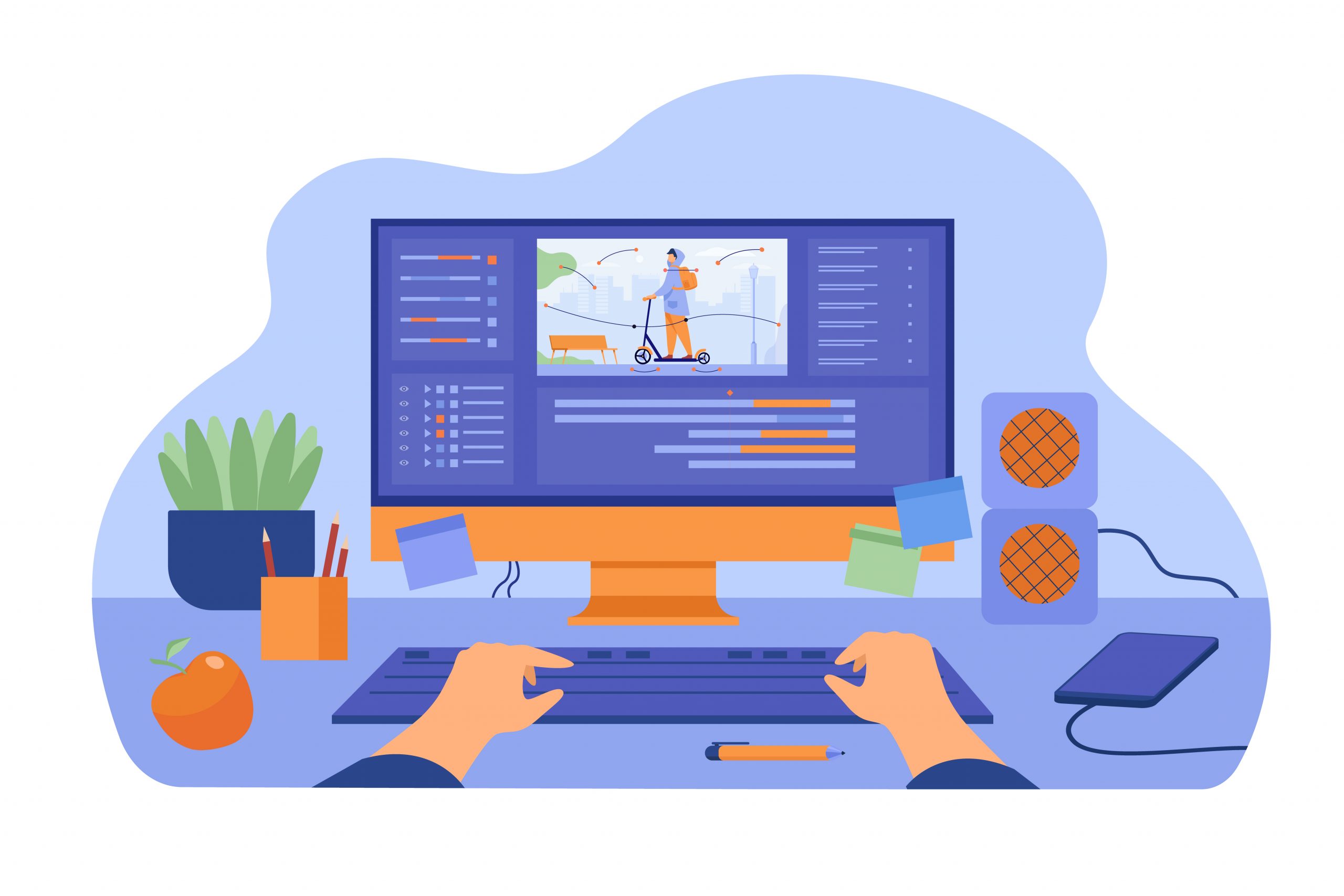The Indonesian gaming market is growing rapidly, with over 170 million active internet users, nearly 60% of whom are gamers. However, to succeed in Indonesia, game developers must understand that localization is more than just translation—it’s about adapting to local culture, customs, and preferences.
Why Does the Indonesian Market Need Specific Localization?
Indonesia is a country with diverse cultures and languages. With over 700 languages spoken across the archipelago, a one-size-fits-all approach to language will not work. Effective localization involves not just language translation, but also cultural adaptation. It’s crucial because players are more likely to enjoy games that reflect their way of life, customs, and local values, including dialogues, characters, and visuals.
Understanding Local Cultural and Language Preferences
Indonesian players highly value elements that resonate with their local culture. For instance, using familiar terms, expressions, or characters from daily life creates a stronger emotional connection with the game. Additionally, many Indonesian players prefer playing games in Bahasa Indonesia, as it’s easier to understand, making the gaming experience smoother and more enjoyable.
Case Study: Games Successfully Translated into Indonesian
A prime example is Mobile Legends, the hugely popular MOBA game in Indonesia. By localizing the game with Bahasa Indonesia, introducing local characters, and creating in-game events aligned with Indonesian traditions, Mobile Legends has achieved massive success. Players feel more connected to the game because of the familiar language and cultural elements.
Game localization in the Indonesian market presents great opportunities, but also challenges that must be carefully considered. Developers who can adapt their games to the local language and culture will have a significant competitive advantage in attracting and retaining players in Indonesia.
Game Localization in the Indonesian Market: Opportunities and Challenges
